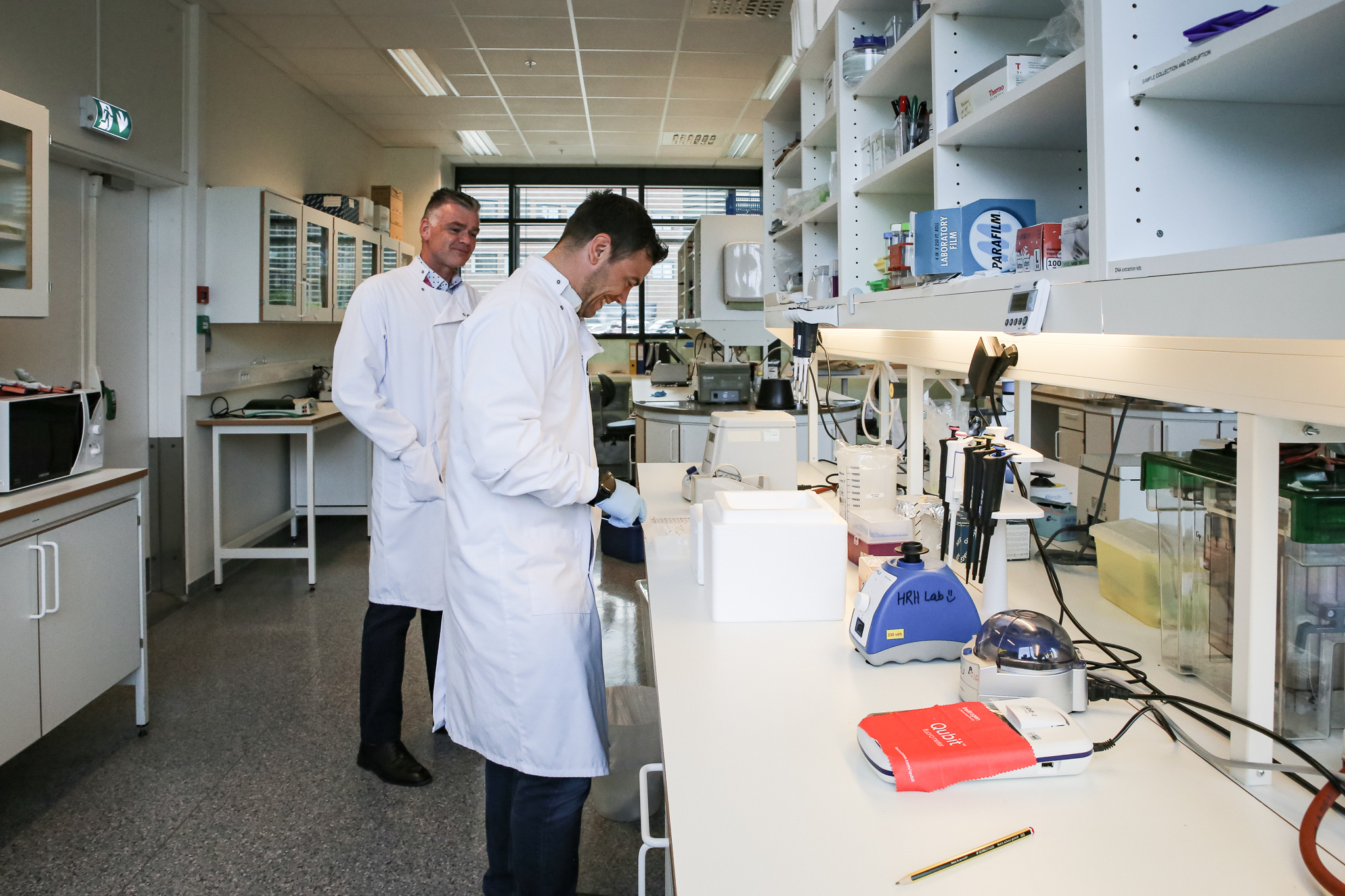The purpose of the new research project is to support advancement of Blastocystis research by bringing together professionals from various disciplines and countries.

When patients suffer from severe intestinal problems, the hospital often examines the patient's stool to look for clues. If the hospital laboratory finds small organisms called microbial eukaryotes, they are often thought to be the cause of the disease and the patient is given medication to remove these parasites. In this research project, the researchers will take a closer look at such a parasite called Blastocystis.
"Today, we just heard that an EU-COST action on Blastocystis under One Health has been granted. The project is an international network of 54 proposers from 31 countries and we are the only Norwegian partner," professor Mark van der Giezen at Department of Chemistry, Bioscience and Environmental Engineering says.
Summary of the proposal:
Blastocystis colonizes at least one billion people making it the most prevalent intestinal microbial eukaryote. Despite numerous studies, pathogenicity of Blastocystis remains controversial. Currently, at least 26 genetic subtypes (STs) exist. Of these, ST1-ST9 and ST12 have been found in humans, while the rest have been isolated only from non-human hosts (animals). Information on prevalence, geographic distribution and host specificity of STs is incomplete. Significant gaps also exist on environmental presence of Blastocystis. Collectively, this paucity of data blurs the Blastocystis landscape considerably.
The specific objectives of this framework are to:
- Support advancement of Blastocystis research by bringing together professionals from various disciplines and countries;
- Foster information sharing on current methodologies, especially in the areas of subtyping, host-Blastocystis-microbiome interactions and Blastocystis-omics;
- Promote capacity building via a transdisciplinary network of international collaboration;
- Open avenues of communication with veterinarians, physicians and general public. By the end of this initiative, participants will be able to: (i) Apply state-of-the-art tools for molecular identification of Blastocystis; (ii) Harmonise methodologies for subtyping Blastocystis and identifying its role within the gut; (iii) View Blastocystis under One Health approach; (iv) Generate novel hypotheses to test role of Blastocystis in the gut ecosystem, health and disease.
This EU-COST action is led by professor Mark van der Giezen's collaborator Dr. Anastasios Tsaousis from University of Kent, UK.